By Brian Sih, Muse Staff Writer
Ralph Fiennes stars and directs in his first film, Coriolanus, an adaptation of one of Shakespeare’s lesser-known plays. Jessica Chastain, Vanessa Redgrave and Gerald Butler also star in supporting roles. The film takes place in a nondescript city that is supposedly Rome. Shot in Serbia, Barry Ackroyd, (cinematographer of The Hurt Locker) depicts the location as the every-city, a place that is familiar yet indistinct. Rome is modernized now: soldiers carry rifles instead of swords and instead of monologues announcing exposition, there are newscasts. These modern twists on Shakespeare are not new to cinema, but they are done with a level of control that compliment the film very nicely. The world is somehow an alternate reality where Rome still exists, Coriolanus still struggles against the public, and tragedy still permeates human life.
The film’s first act puts Coriolanus, a war hero and general, against the hostile Volsces and their leader, Tullus Aufidius. Coriolanus fights with astounding bravado through the city streets, a Roman Achilles. After a victorious engagement, Coriolanus is persuaded by his mother, Volumnia, to run for public office. His contempt for the Roman masses and for political niceties leads to a very uncharismatic campaign. This ultimately leads to his expulsion from Rome after he has a seething outburst directed at the public. Banished and alone, he turns to his sworn enemy, Tullus Aufidius, and plots to takes revenge on the city.
Writer John Logan (The Last Samurai, Gladiator) wisely maintains the language of Shakespeare, only displacing it onto different “modern” characters (like the newscaster) or cutting it out for brevity’s sake. But language will indeed prove to be Coriolanus’ dividing point. Shakespeare’s language is gorgeous and articulate– a refreshing diversion from subtext and realistic dialogue that film is known for. However, many lines fly over the audience’s head. Unless audiences are familiar with Shakespeare, the language involves complete attention, and even then, lines will be lost. To sacrifice Shakespeare’s language for a modern retelling would have the film lose its epic and poetic nature. Furthermore, the film portrays a man who isn’t willing to bend for the public or “sell out.” Wouldn’t the filmmakers be sending mixed messages if they dumbed-down the language for the audience?
Dialogue aside, the film is otherwise well-executed, despite some tiresome camerawork from Ackroyd, who seems less versatile when not working in documentary-style filmmaking (I can count the number of steady shots in this film; yikes). The acting from Fiennes is marvelous, but the women steal the show with sublime portrayals of mother and wife. The performances ensure the film to be a success to Shakespeare lovers.
Thematically, the story is a wonderful tragedy that still resonates in modern times and shares the complexity of some of Shakespeare’s better-known works. Fiennes has good reason for making this film now. But Shakespeare’s dense language simply doesn’t suit a modern film audience. And herein lies the real tragedy of this film.

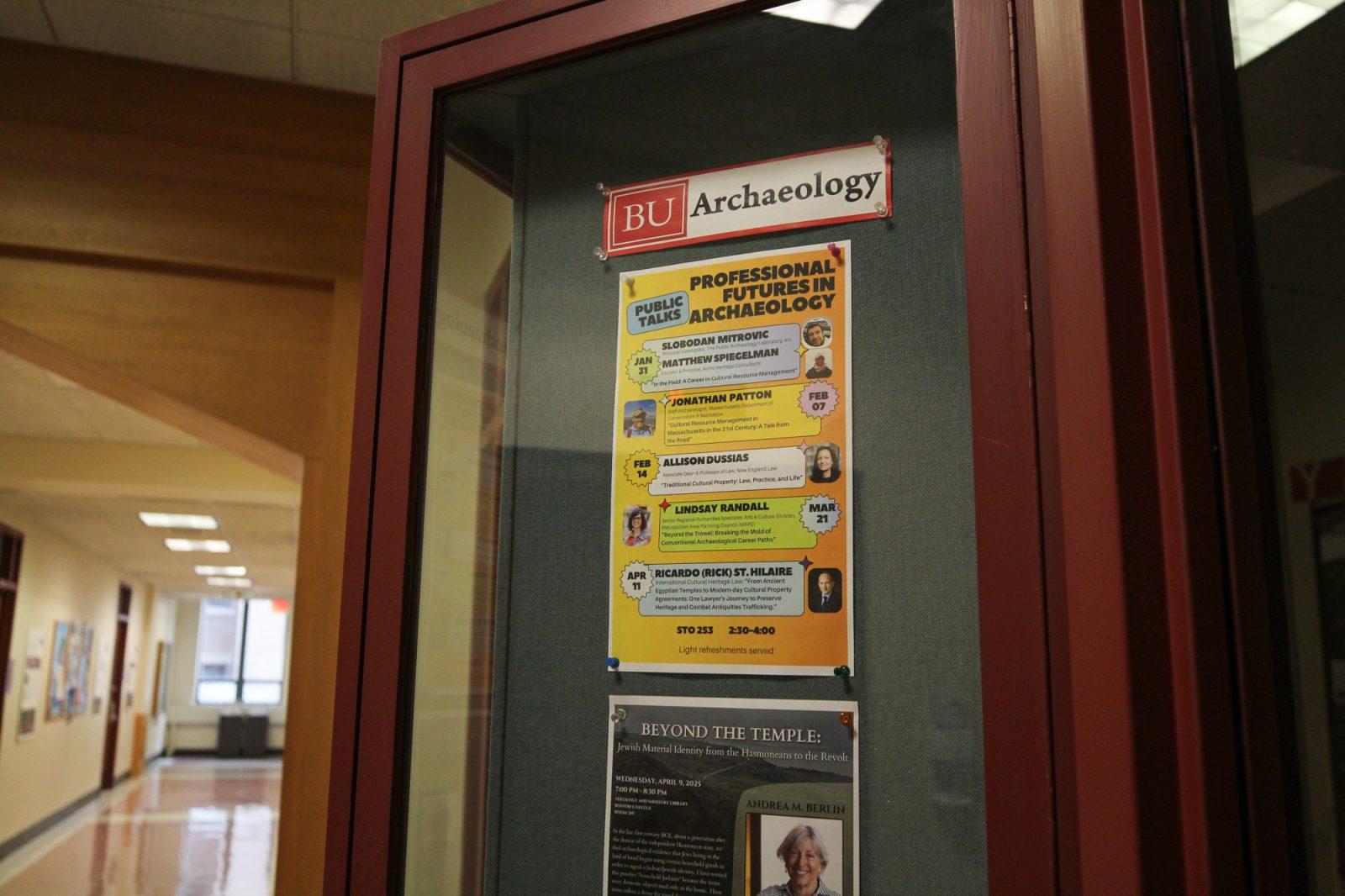



















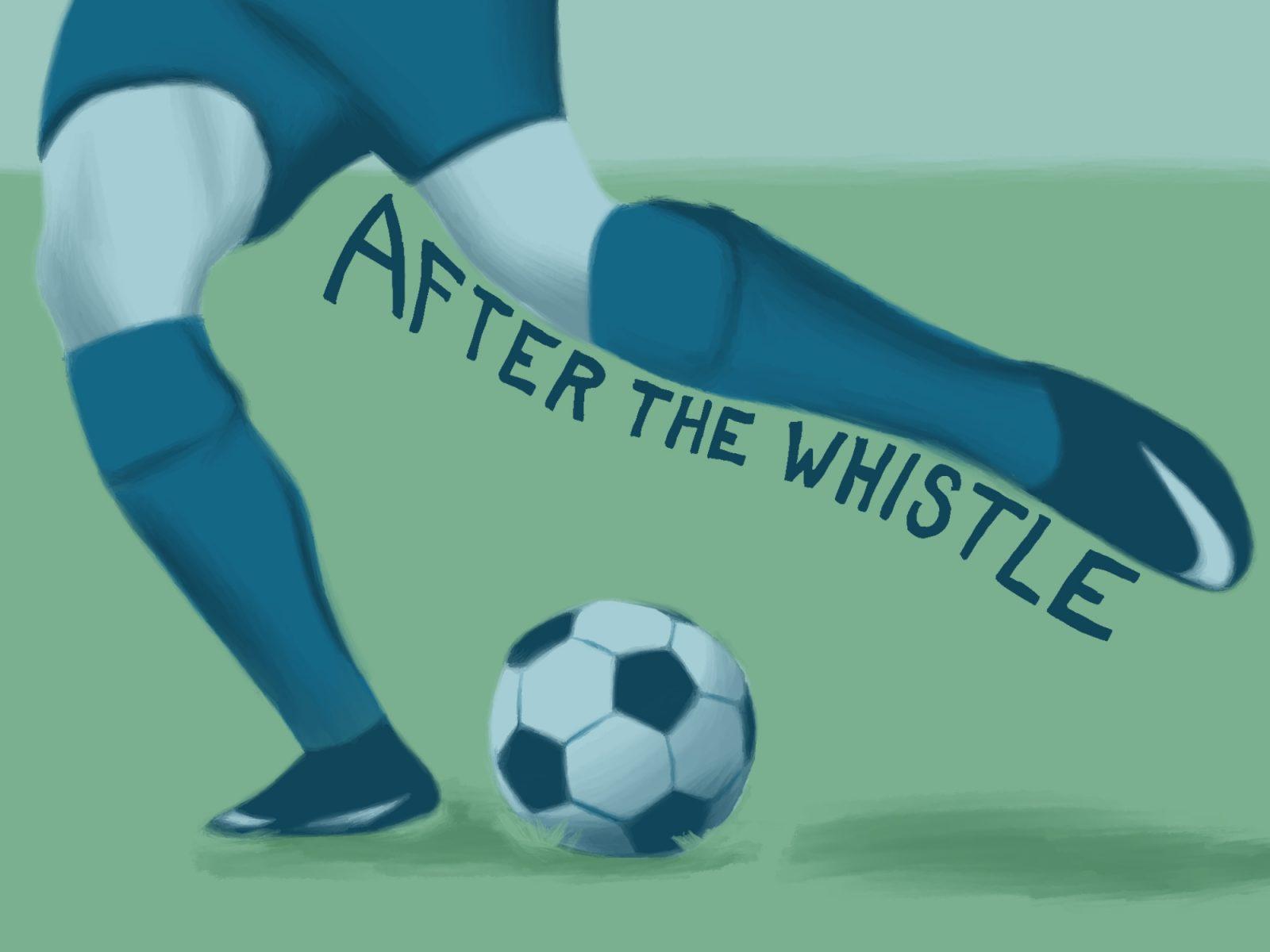



























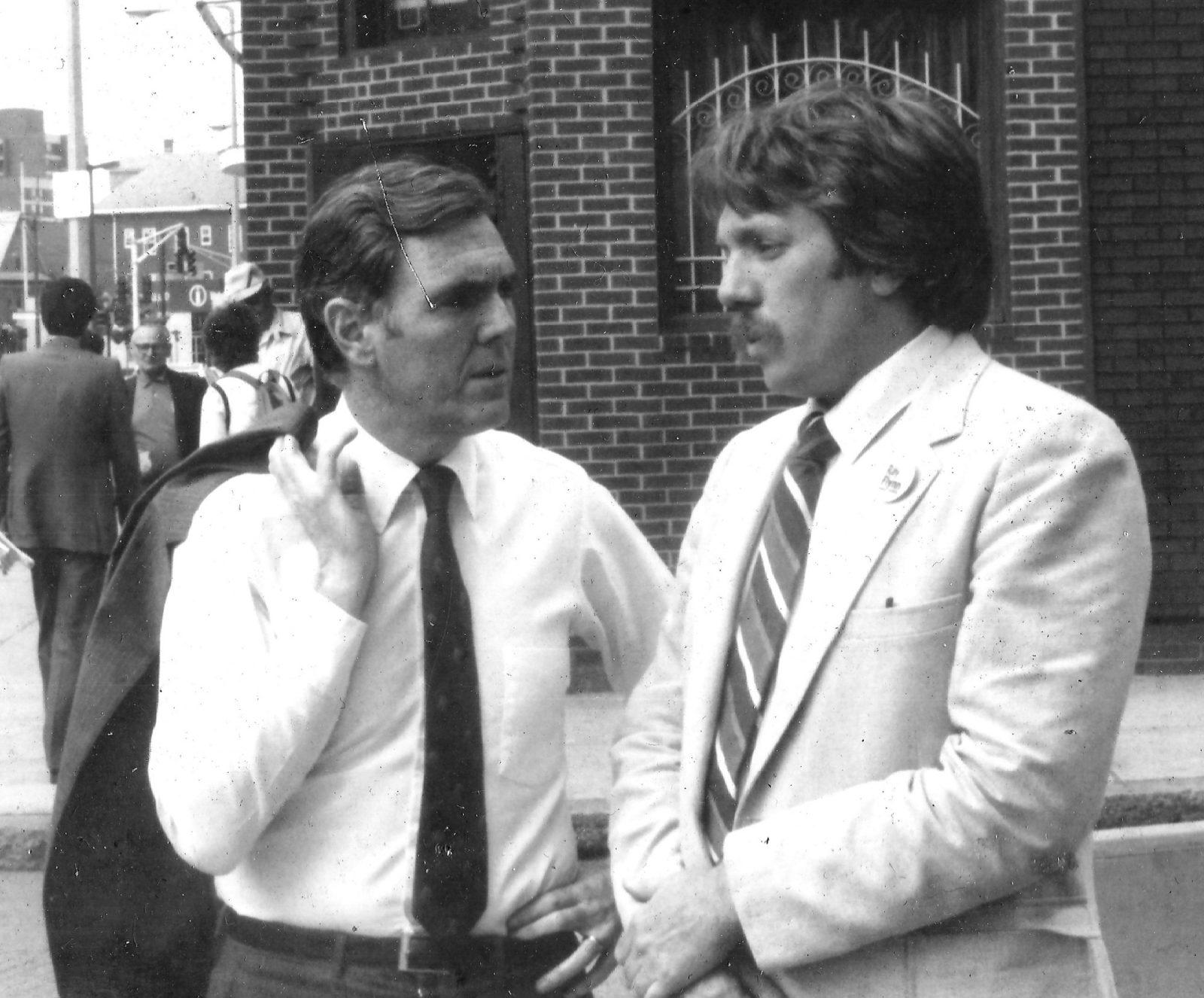






















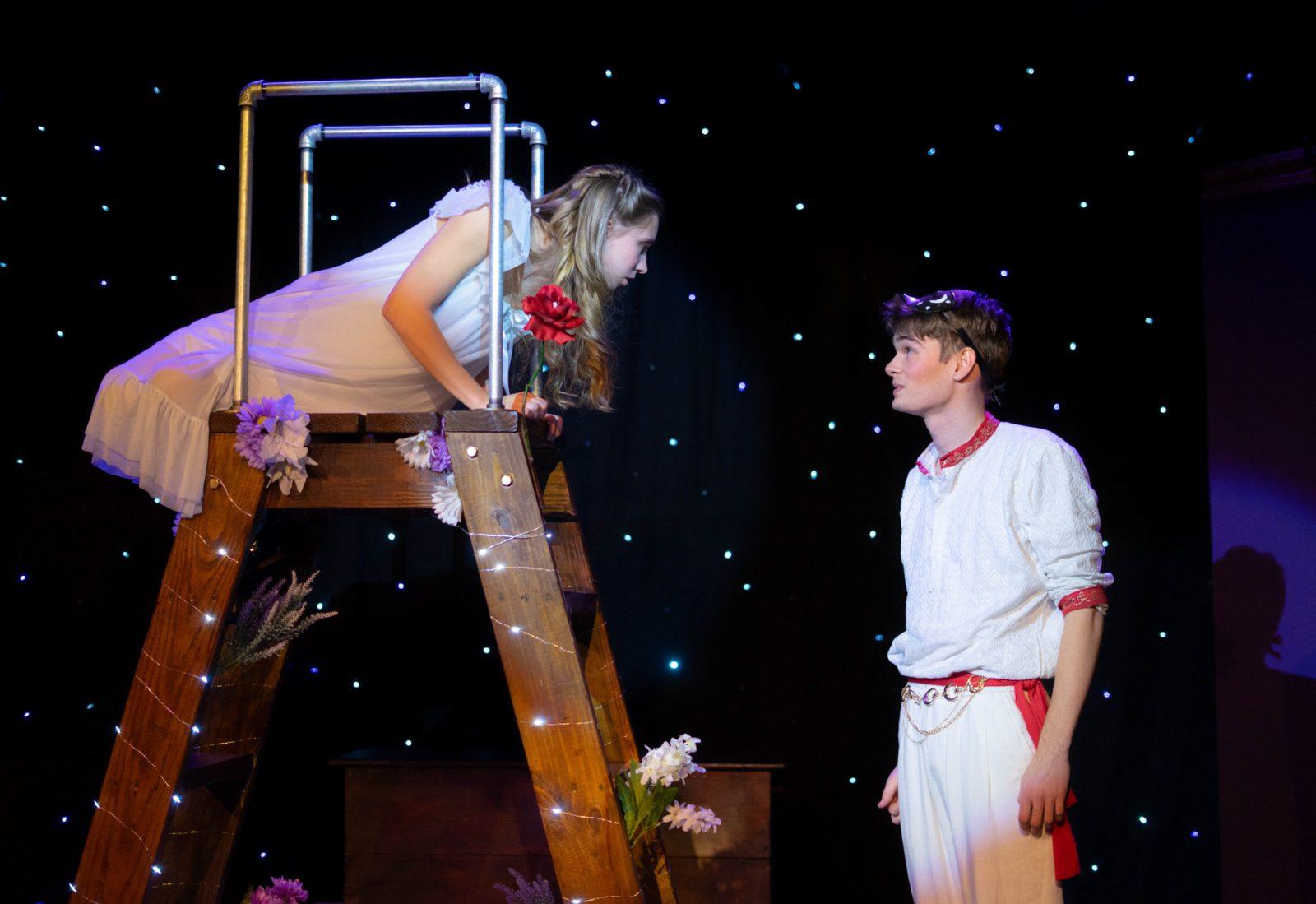


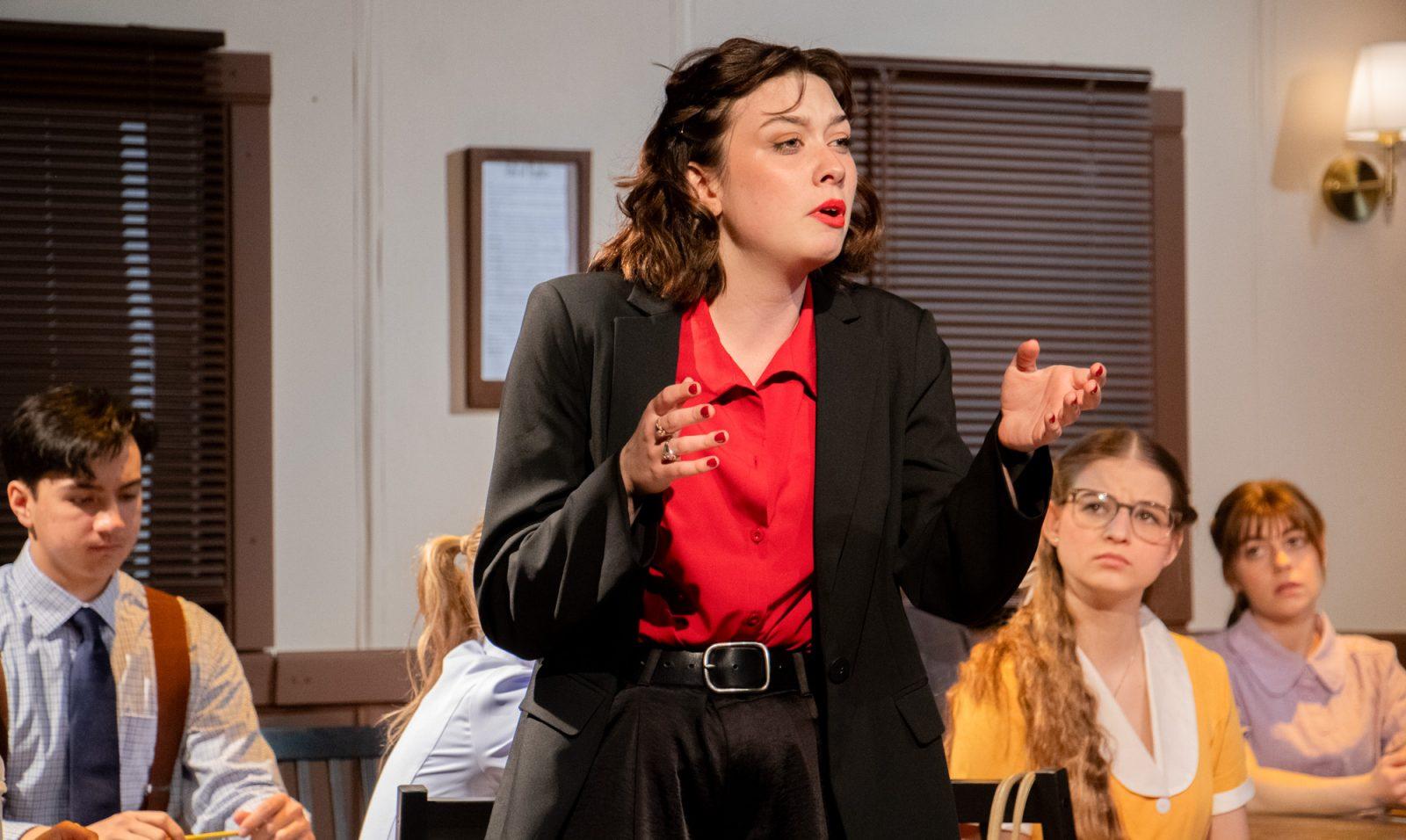
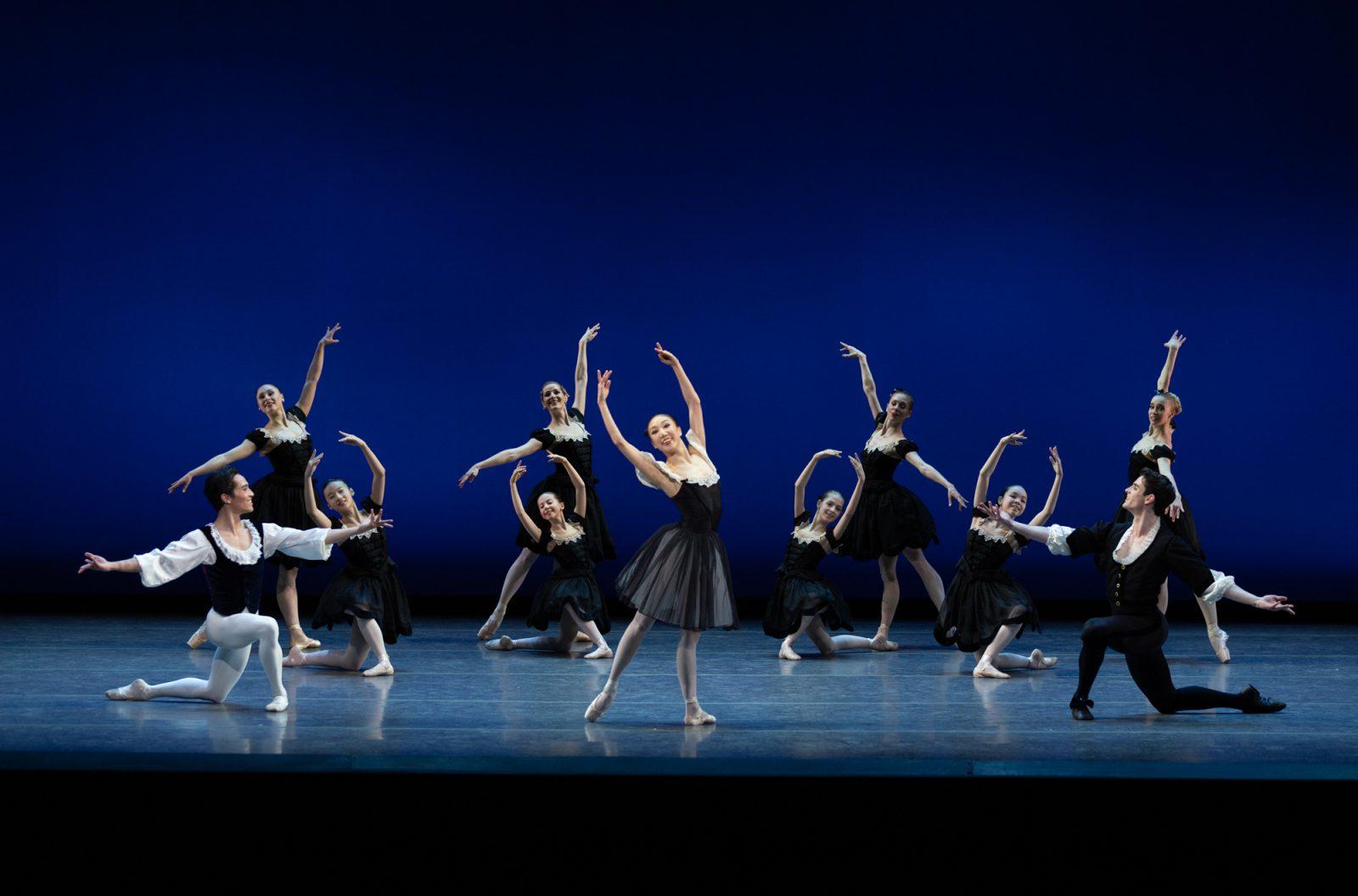
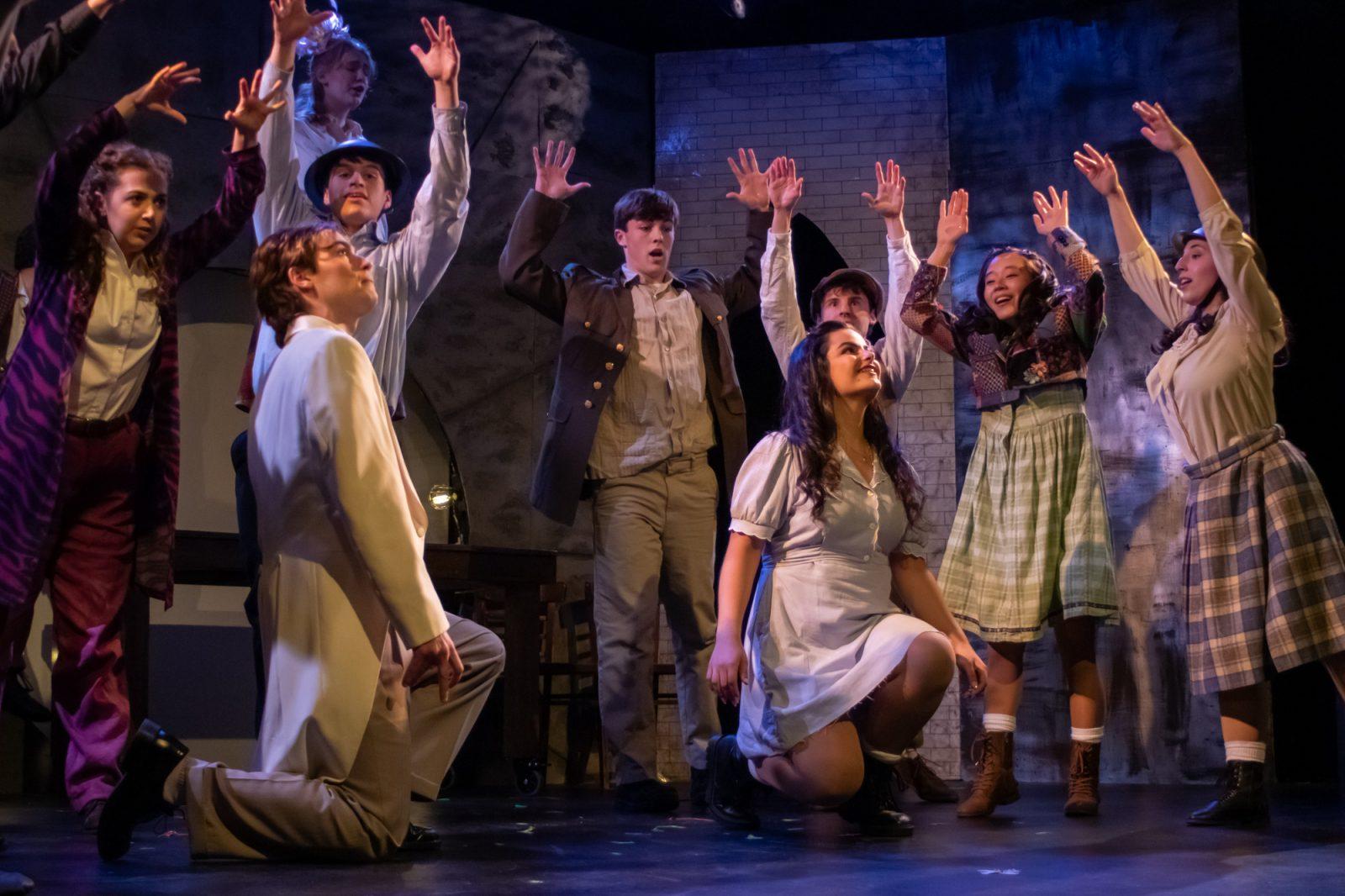




















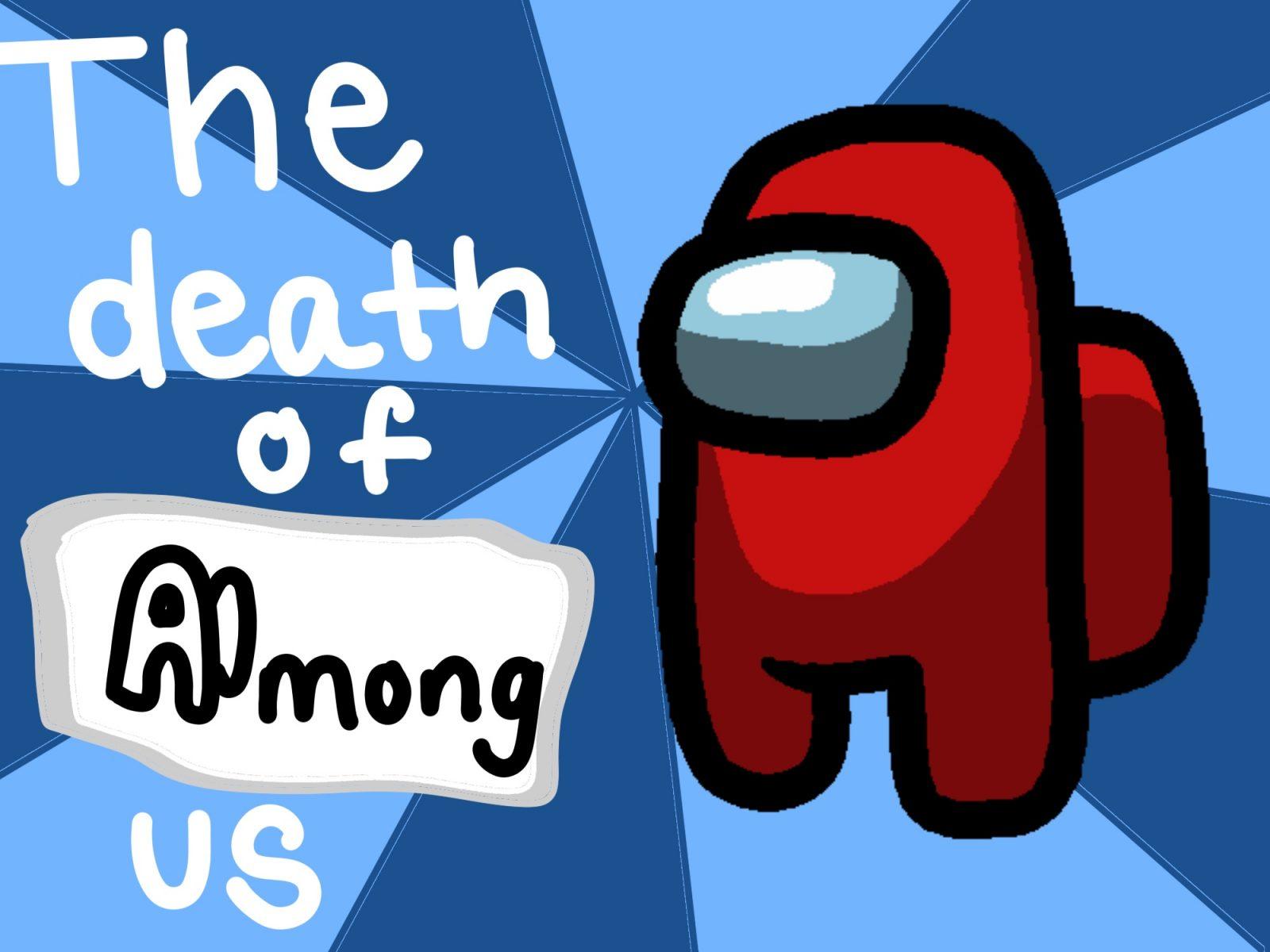







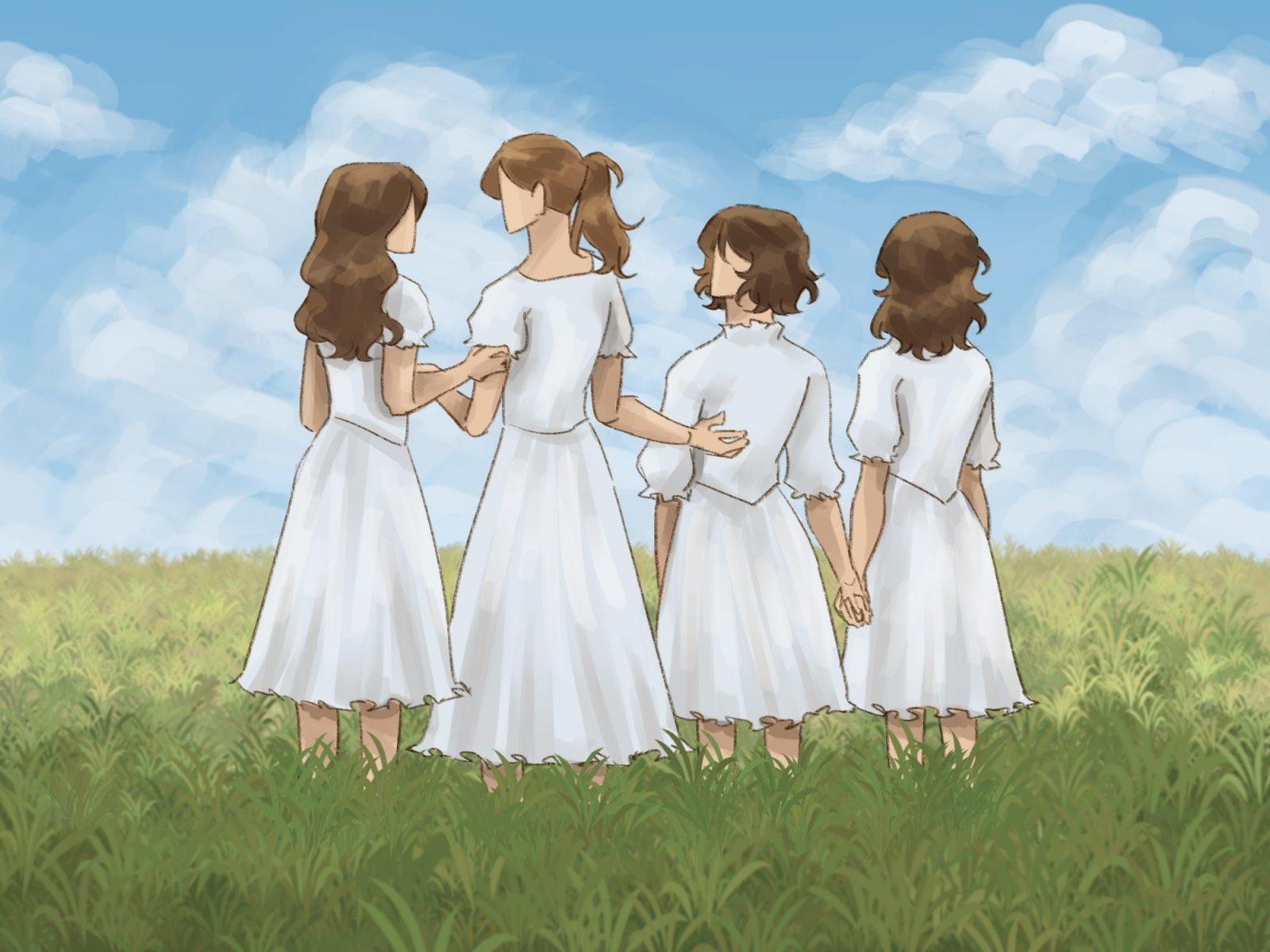










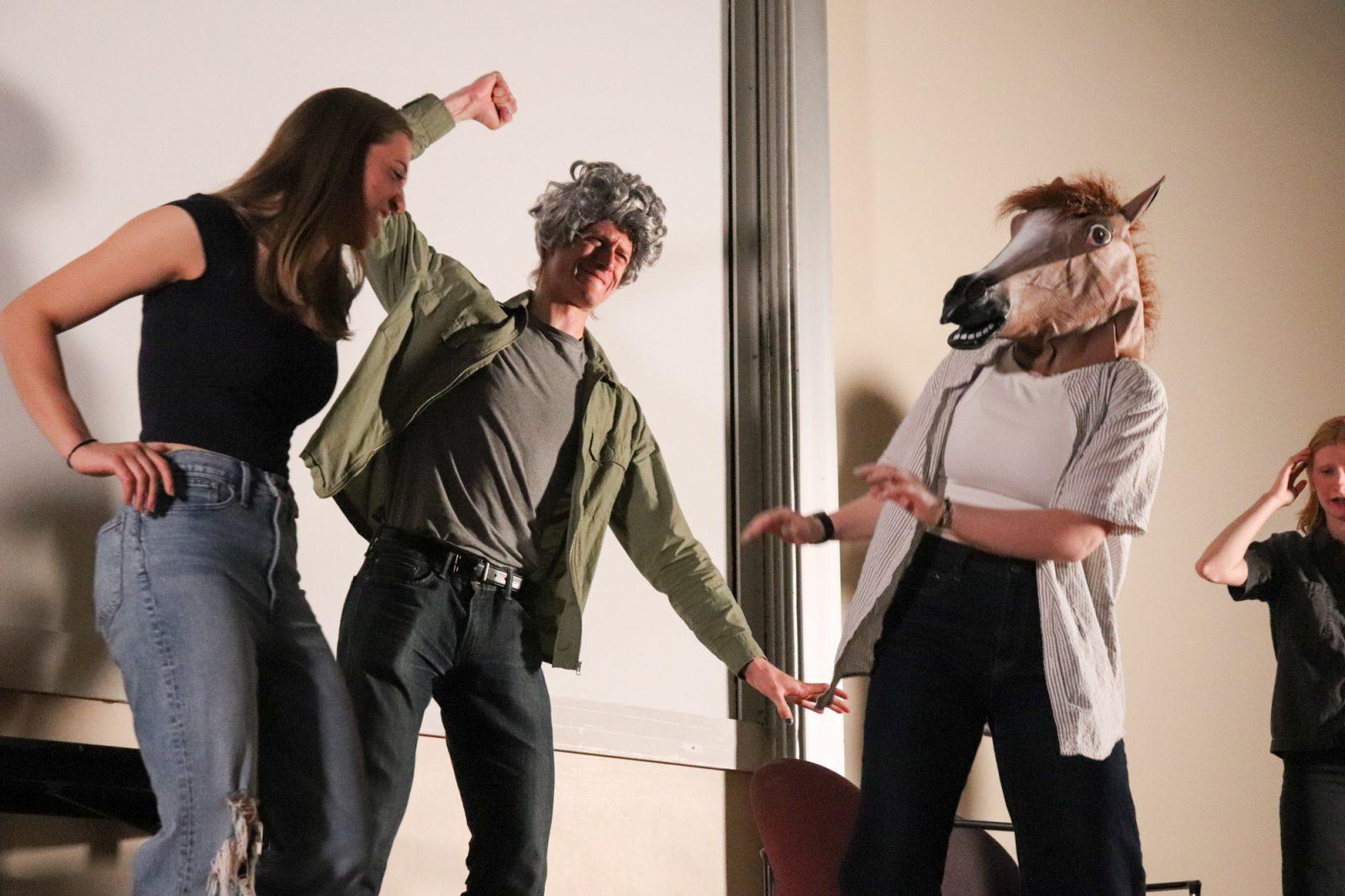




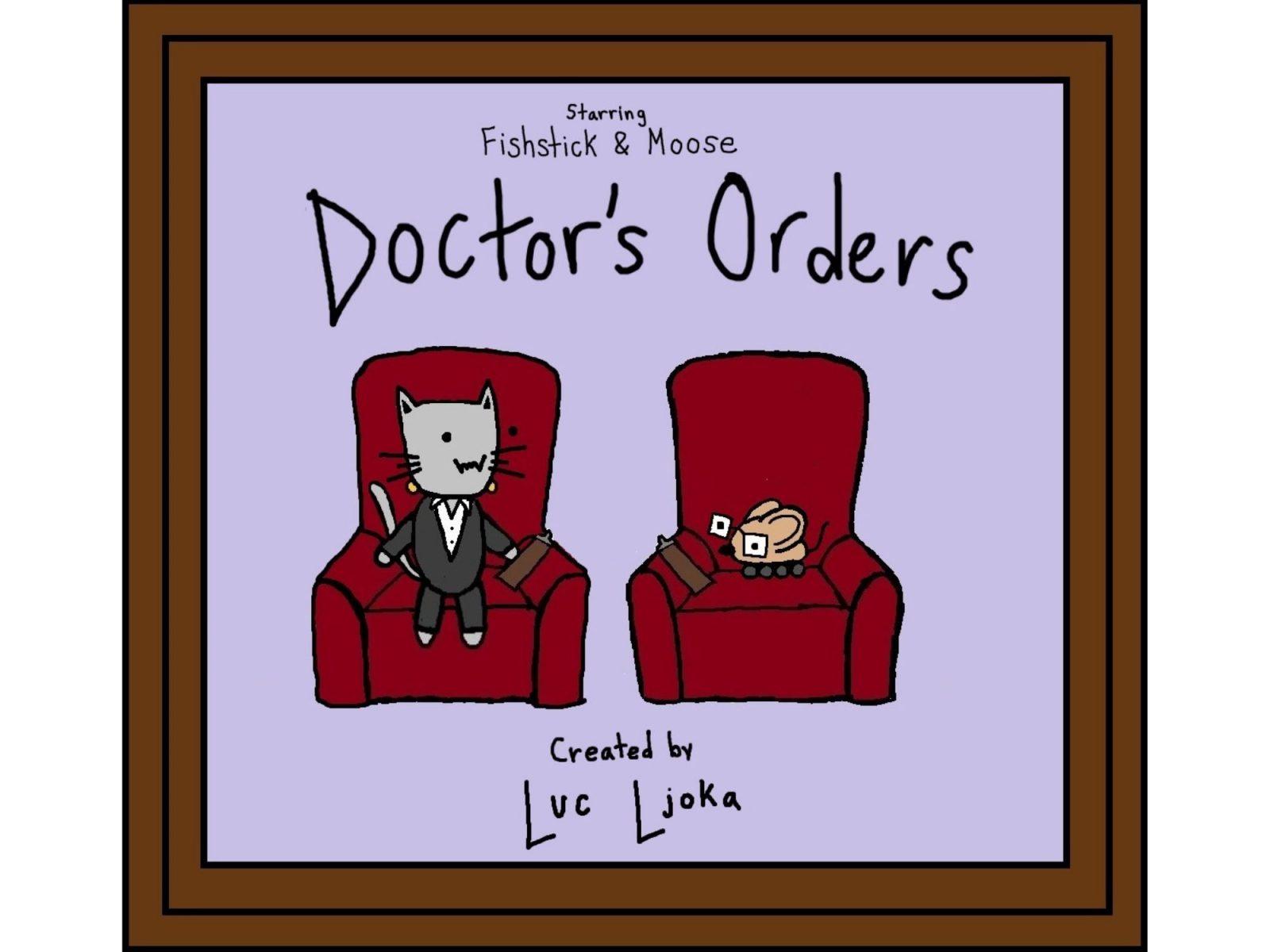


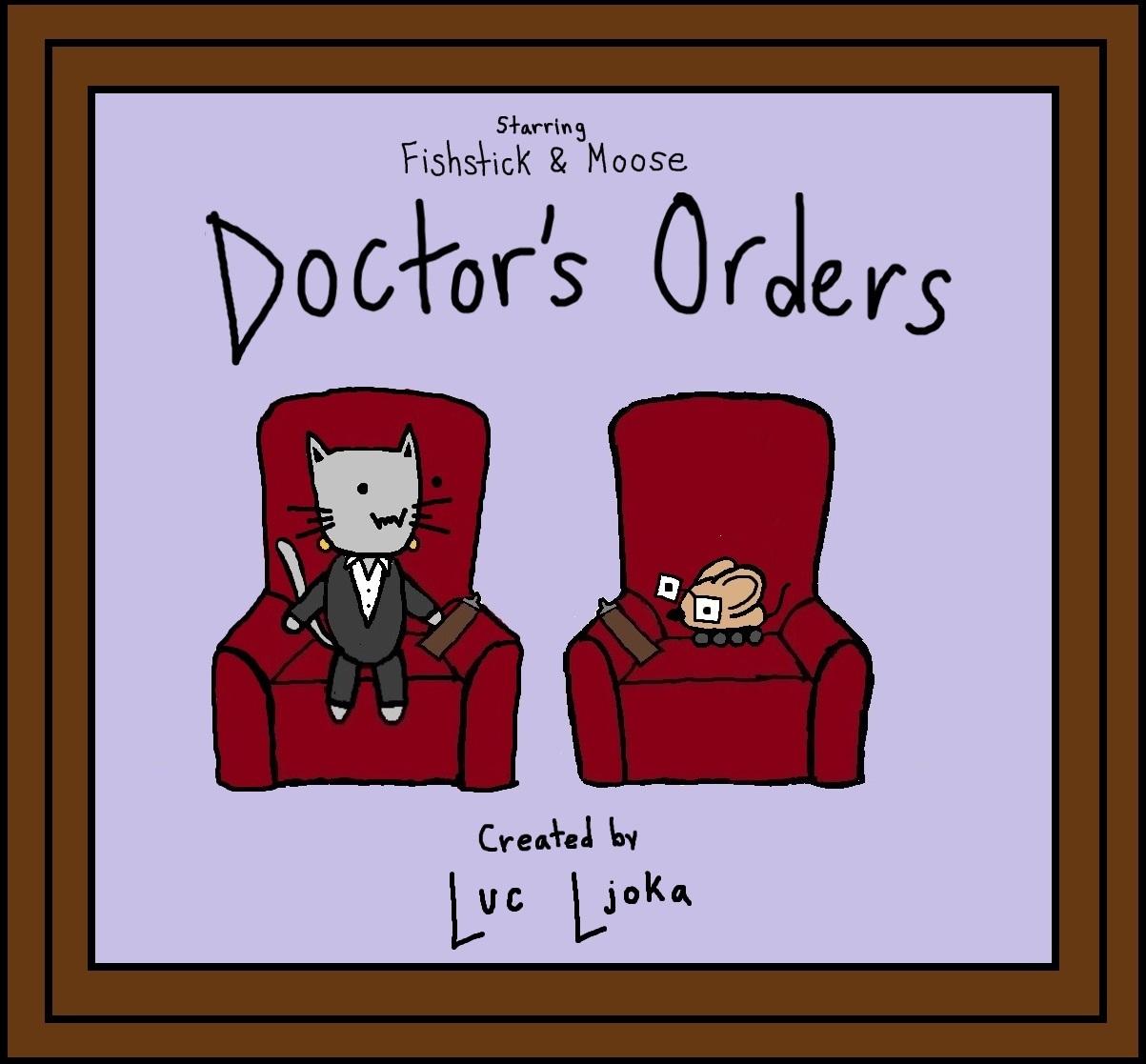




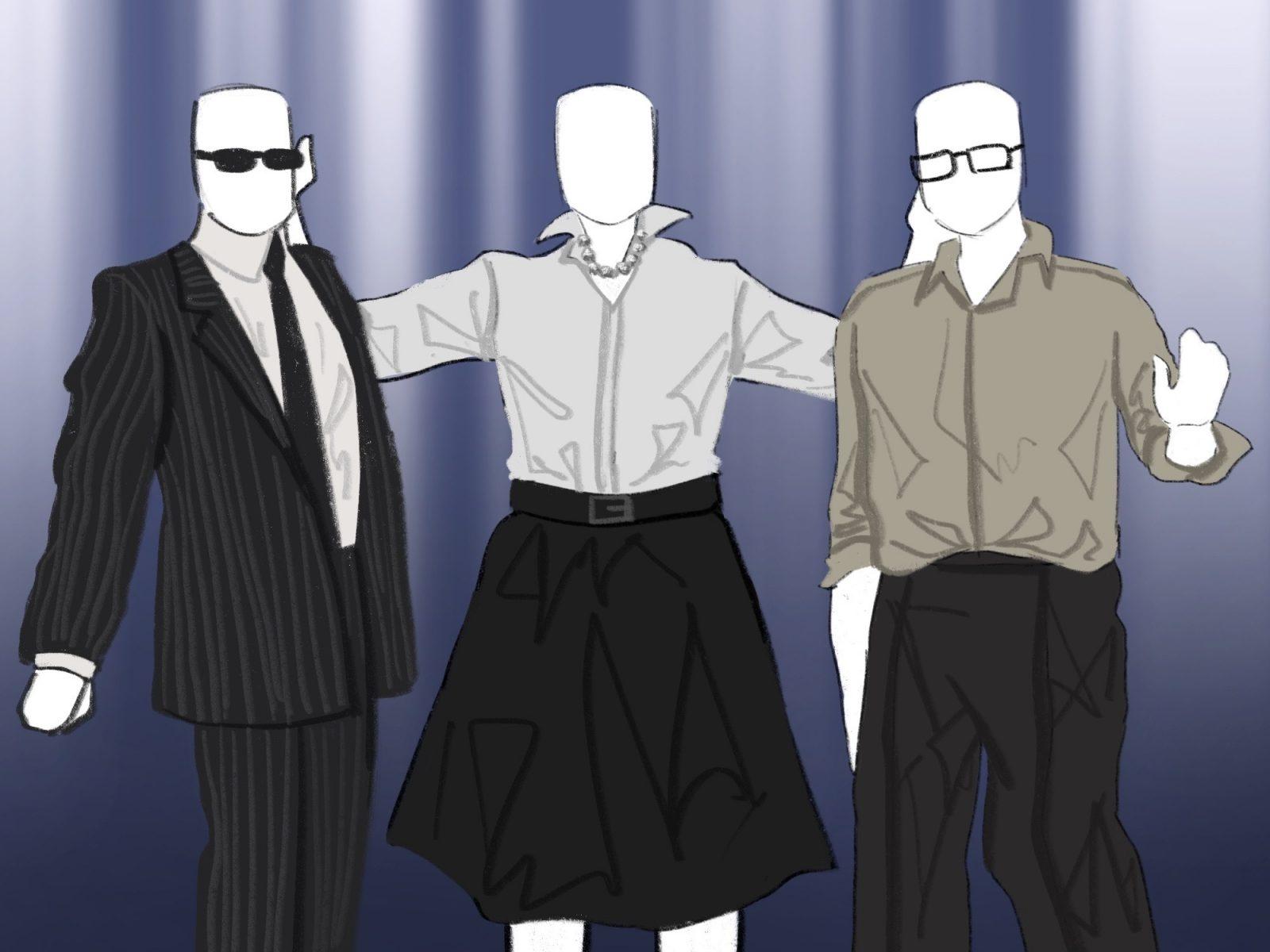
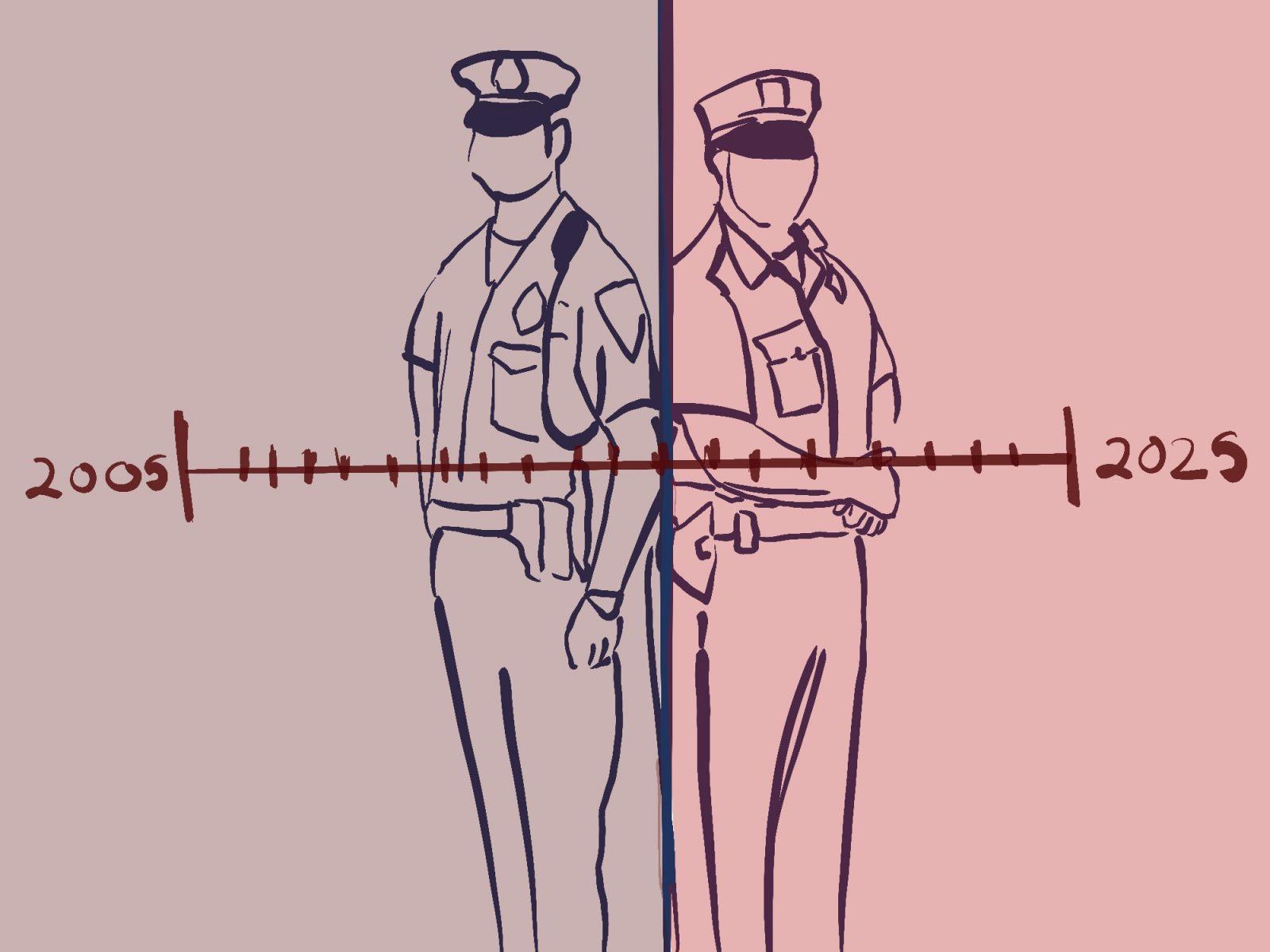



































Help • Aug 2, 2010 at 10:38 pm
OUCH!